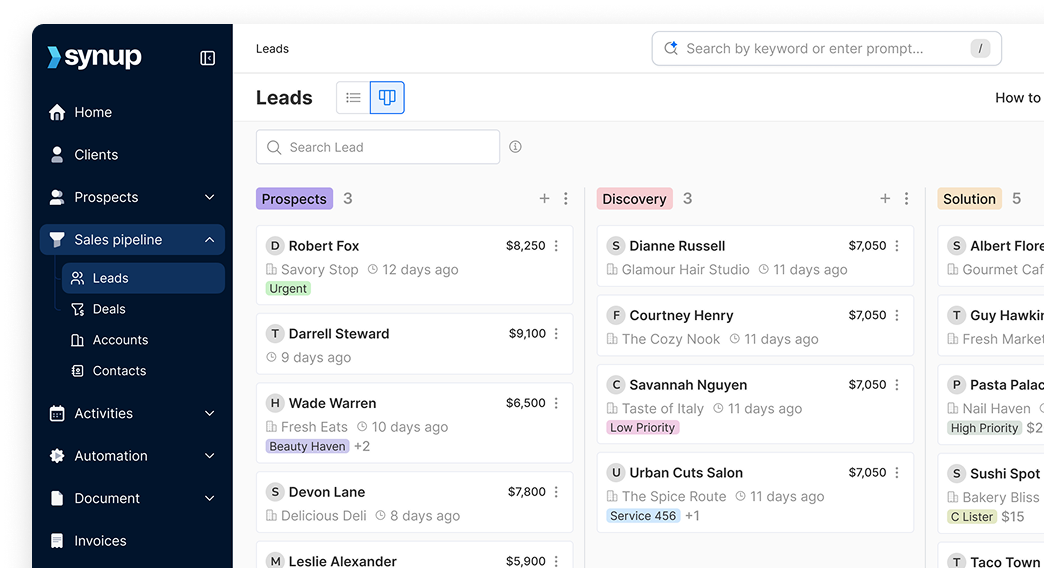How to Choose Which Social Media Platform Is Right for You
Simplify your social media strategy. Learn how to select the perfect platform based on your target market, content plans, and posting frequency for maximum impact.
Most brands realize the importance of digital marketing these days. However, choosing the right social media platform to start your journey is a crucial decision. But it's easy to get it wrong without the right guidance and know-how. Luckily, this article is here to help by providing a general outline of things to consider.

Define your target market
There is no generic right way to go about digital marketing. This is because everything centres around your target market. Therefore, before you can even decide which social media platform to use. It's crucial to know who you are targeting.
Depending on where you are on your journey, you may already have this defined. But if not, think about the customers you have and the visitors to your website. It stands to reason you want to target those on social media who would be interested in your products and services. Remember that focused businesses are more successful than general ones.
Research digital marketing platforms
Once you have zoned in on your target market, the next thing to do is to research the platforms. Look into the most successful content and profiles on each of them. Then, assess what they are doing which is driving their success.
What you are looking for is the platform that resonates best with your brand. Make a list of the platforms that you think are possibilities. This process is more about ruling out platforms that would not suit your business. It's crucial you go through this to limit the chance of joining a social media site, you subsequently fail to gain traction on.
Think about the social media content you want to create
Now, you have that bigger list of potential platforms. You want to narrow it down to which one site is best for you. To do this you need to think about the content you plan to create. It's also crucial to consider the type of business you are in.
For example, do you want to focus on a lot of short-form video content, engaging images or more conversational social media? Of course, if you want to do a combination of all three then you may wish to join multiple platforms with a separate plan for each one.
But what you don't want to do is join TikTok because it's currently popular. If you aren't able to create short engaging video content. In other words, you need to play to your strengths.
Define how often you want to post updates
The final stage to selecting your ideal platform is to define how often you want to post. This is crucially important because the ideal frequency of updates differs a lot between social media sites. So, if you select one that requires a lot of content but you seldom update it, you won't get the results you want.
Therefore, think carefully about the time and resources you have to invest in digital marketing. Then choose a platform that is consistent with that. For example, Twitter/X and Pinterest require frequent updates whereas LinkedIn and Facebook can be updated considerably less.
Test and adapt if necessary
The planning process of selecting the right platform based on your target market, content and frequency of posts is crucially important. However, things don't always work out exactly as hoped and there should be capacity to adapt.
This means everything you do on digital marketing channels needs to be backed up by reliable data. So, you should be tracking your performance and gain an understanding of your general progress on social media. Hopefully, by doing the preparation work, you will get amazing results.
However, if that's not the case it's necessary to assess what may be going wrong. So, after you have been creating content for a few weeks and tracking performance. You should assess results and make a judgment call on whether your strategy is right or not. The key point about digital marketing is that if it's not working you must mix it up. Simply put, it would be insanity not to.
~
Digital marketing is crucial for virtually every business. However, getting things right on social media isn't as easy as it may initially appear. This means it's crucial to develop a plan to choose your ideal social media platform. Luckily, this article has outlined some of the steps involved.
So, before you start posting, remember to define your target market, research digital marketing platforms, think about the social media content you want to create, define how often you want to post updates, and test and adapt if necessary. By taking the time to do this, you should start digital marketing right. Limiting the risk of starting accounts on social media platforms that you may later abandon due to lack of success.

